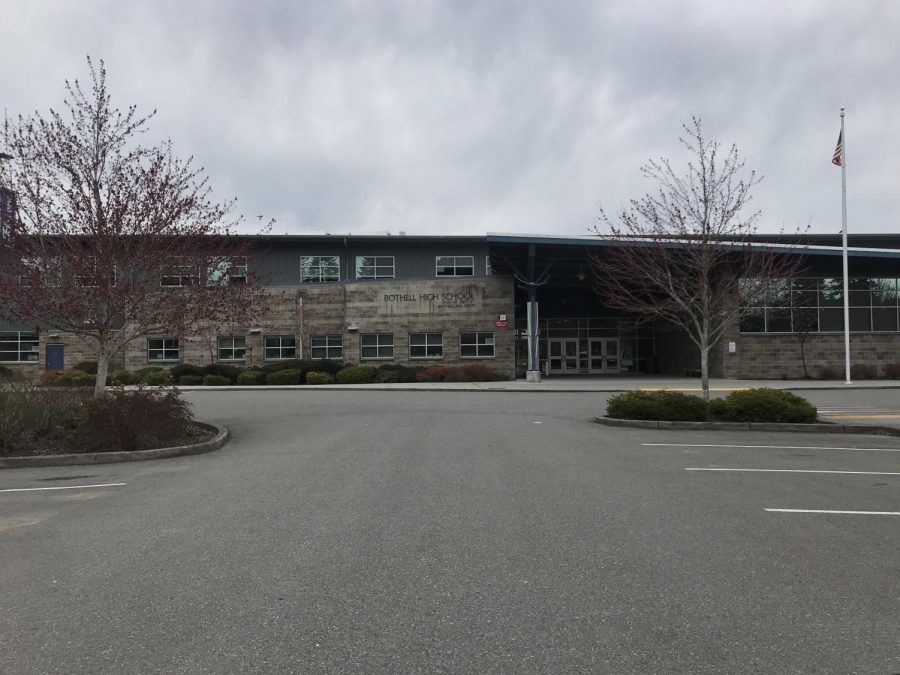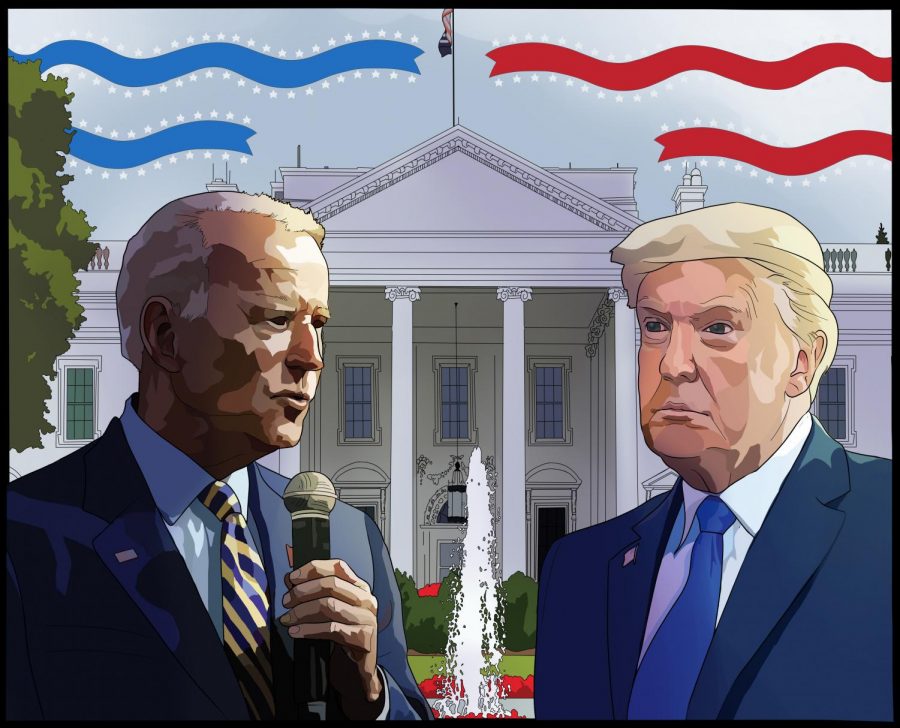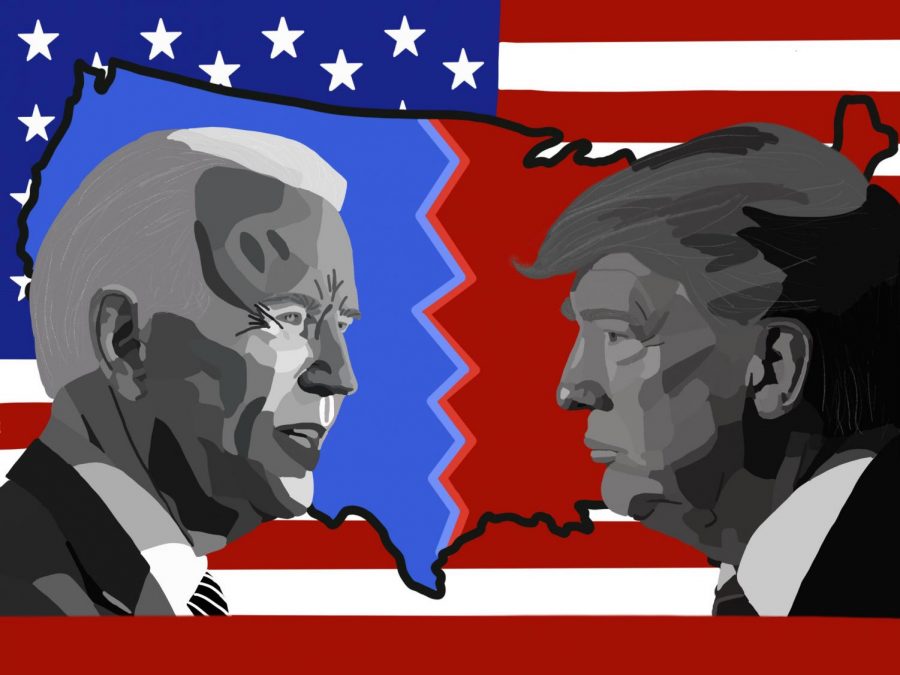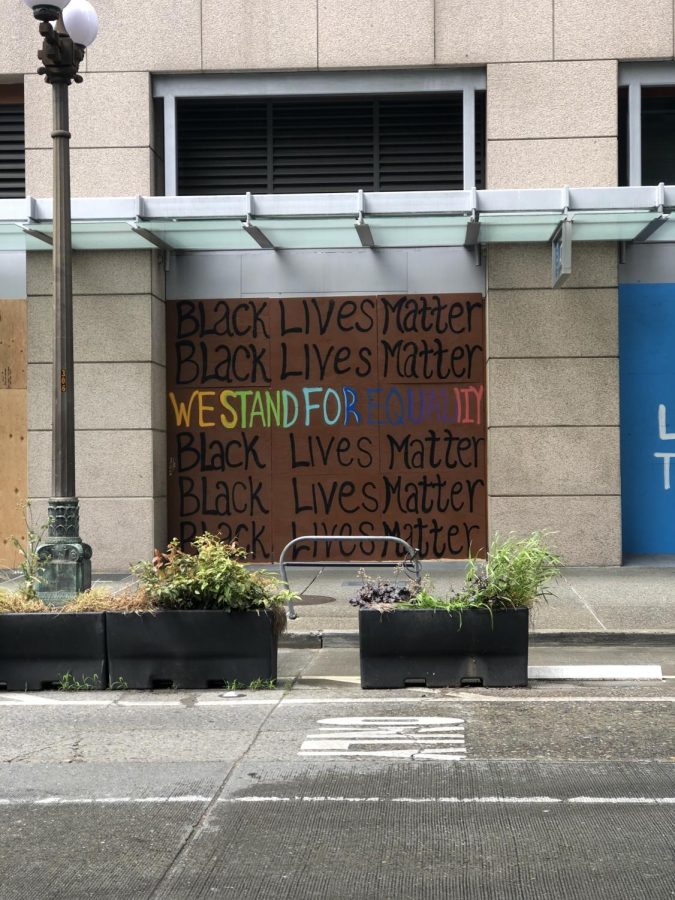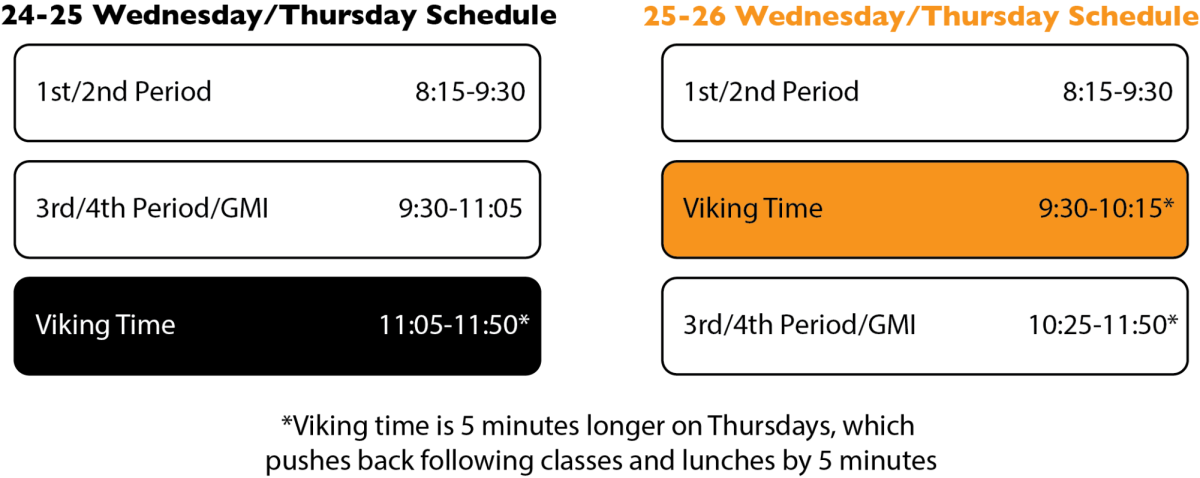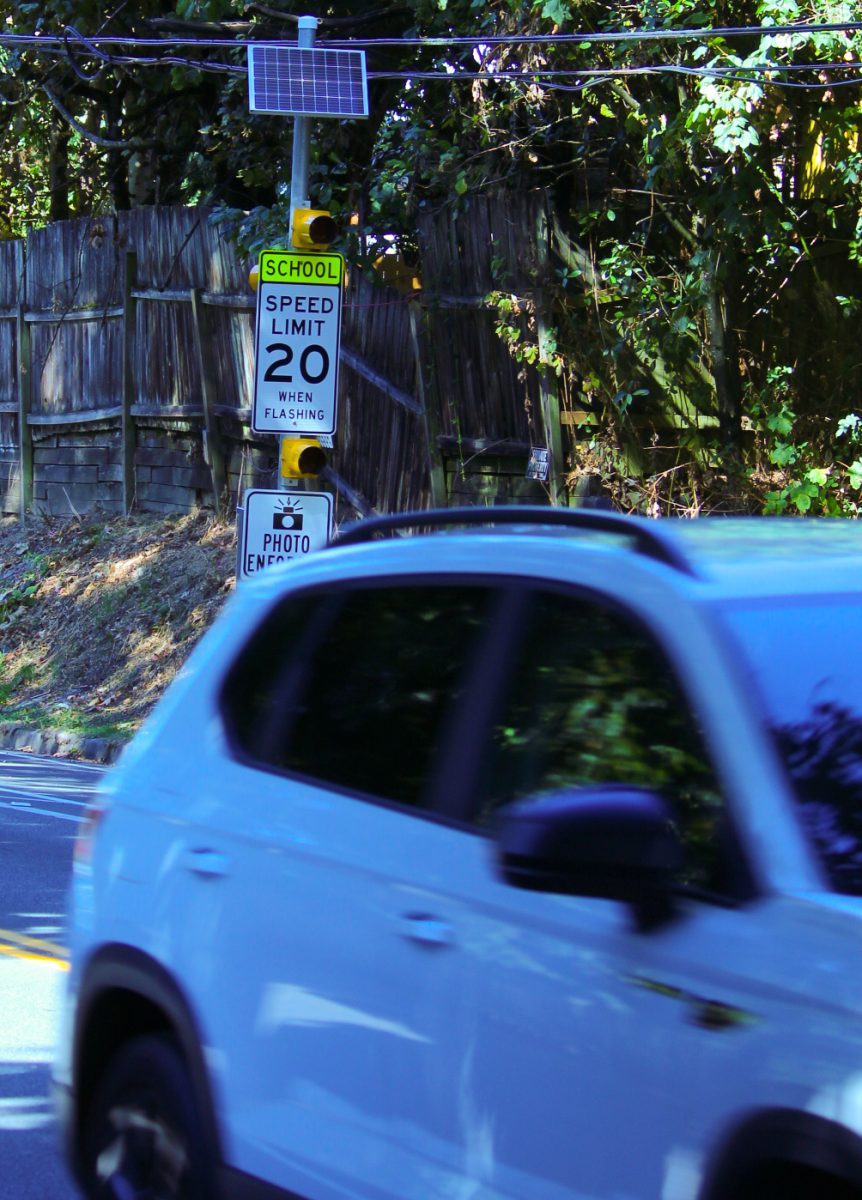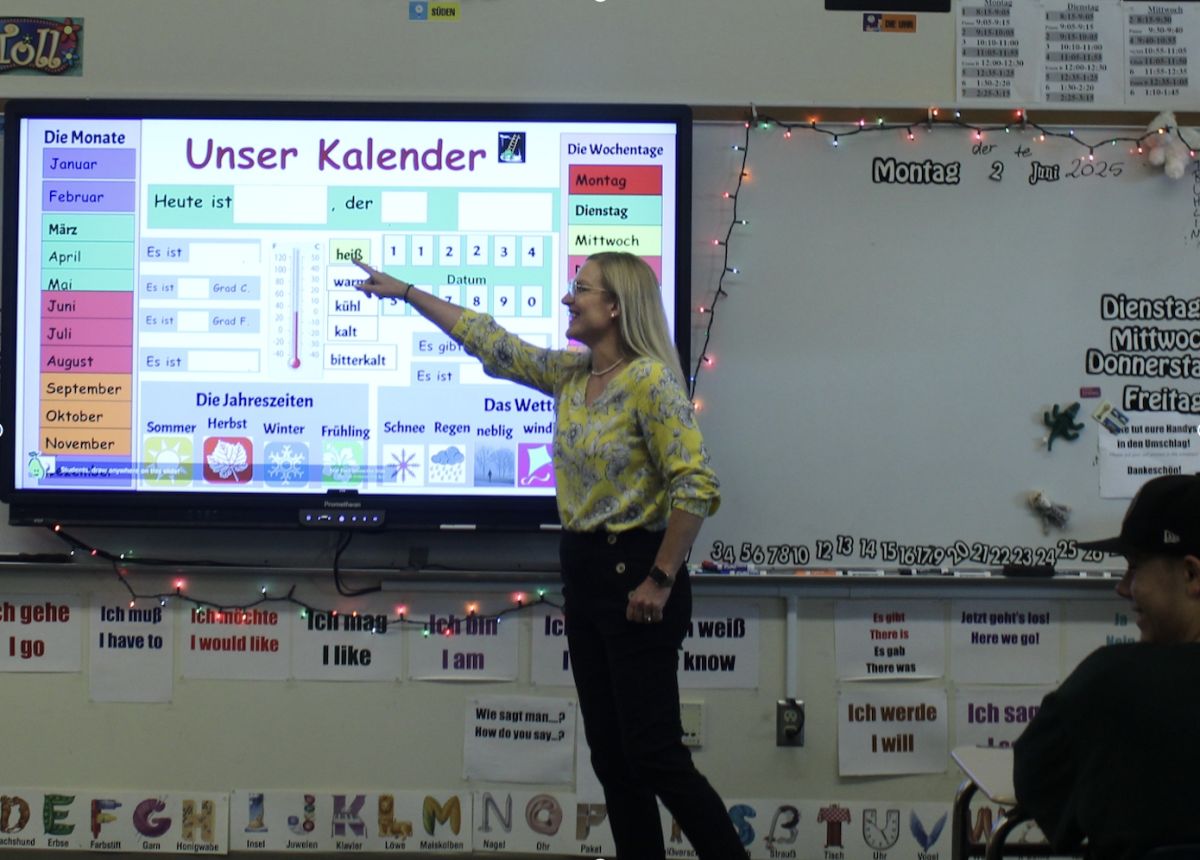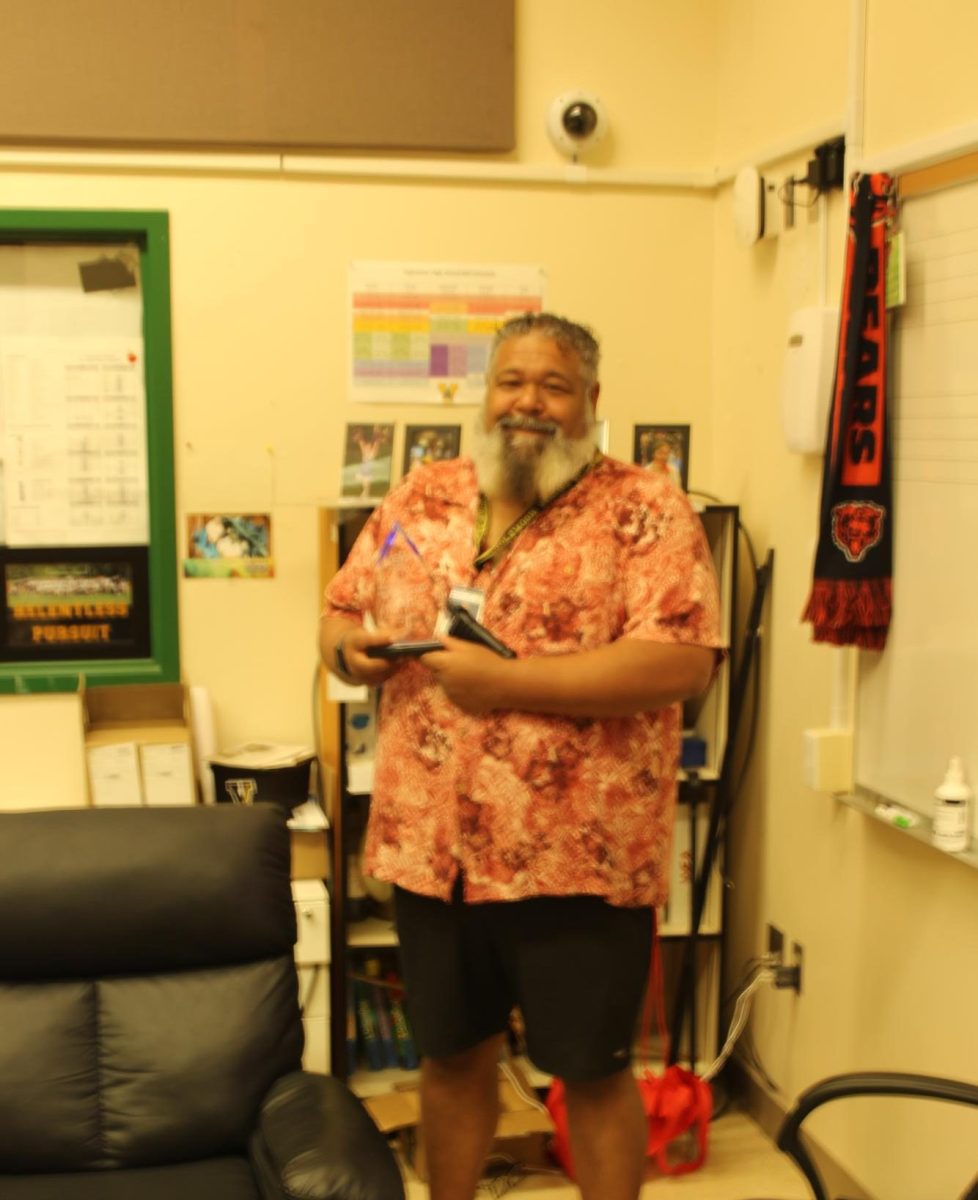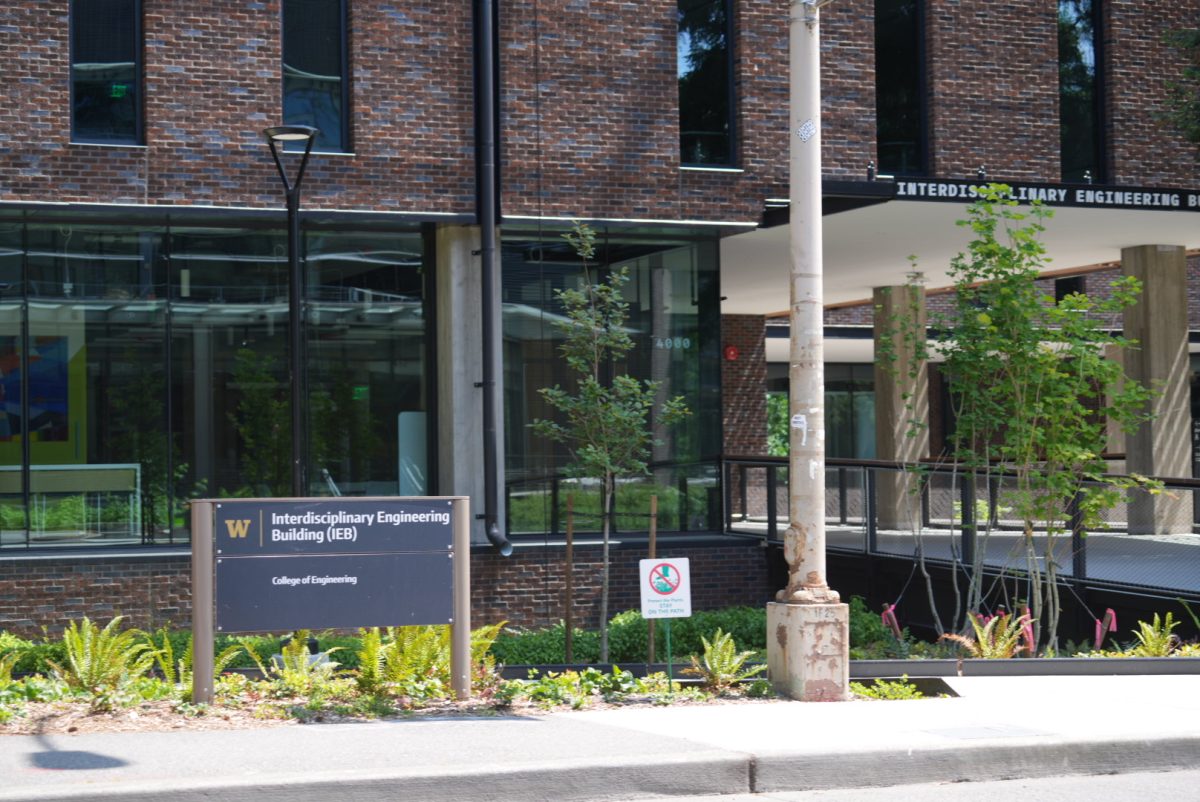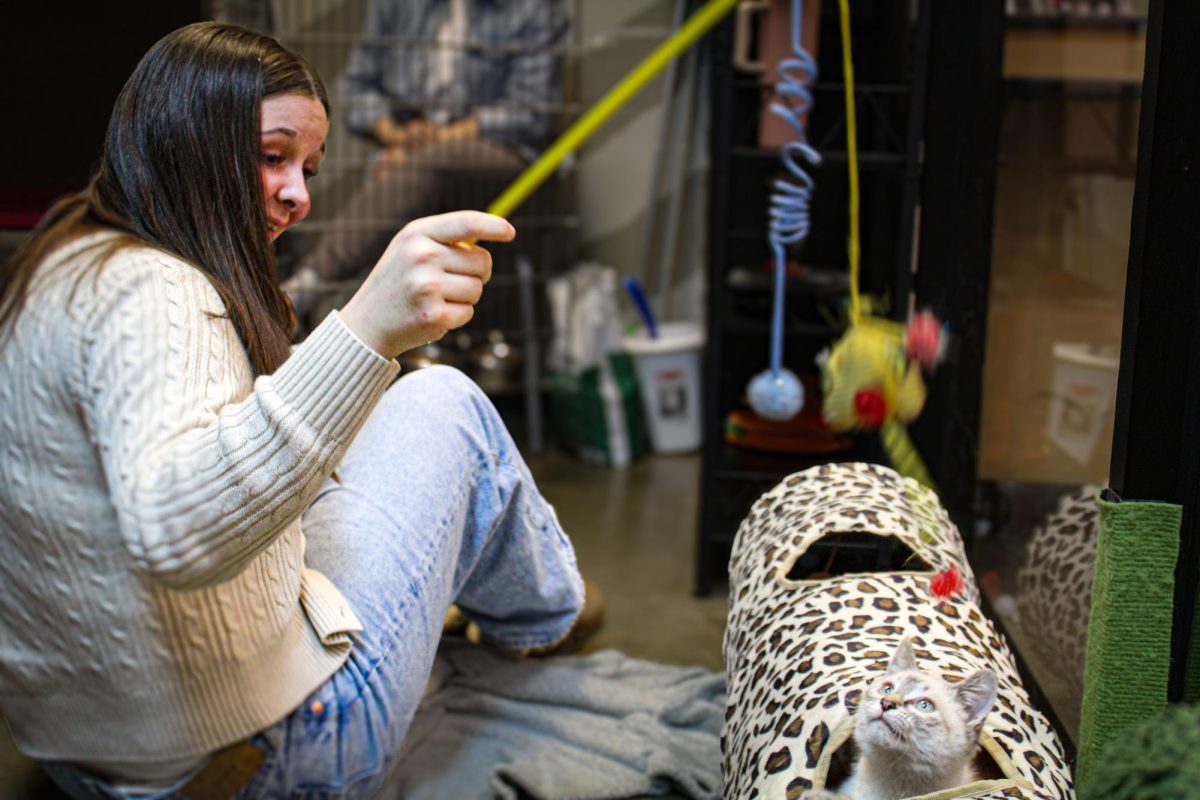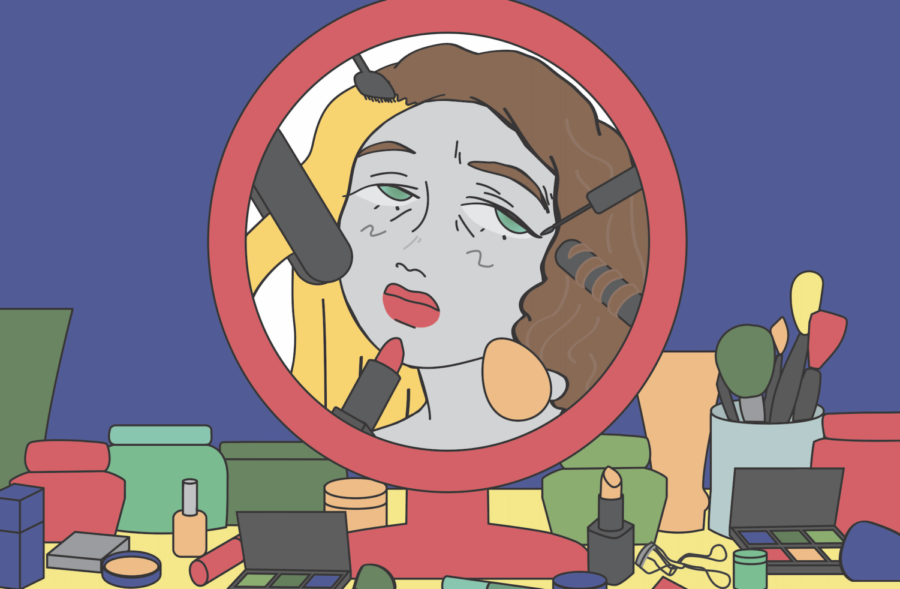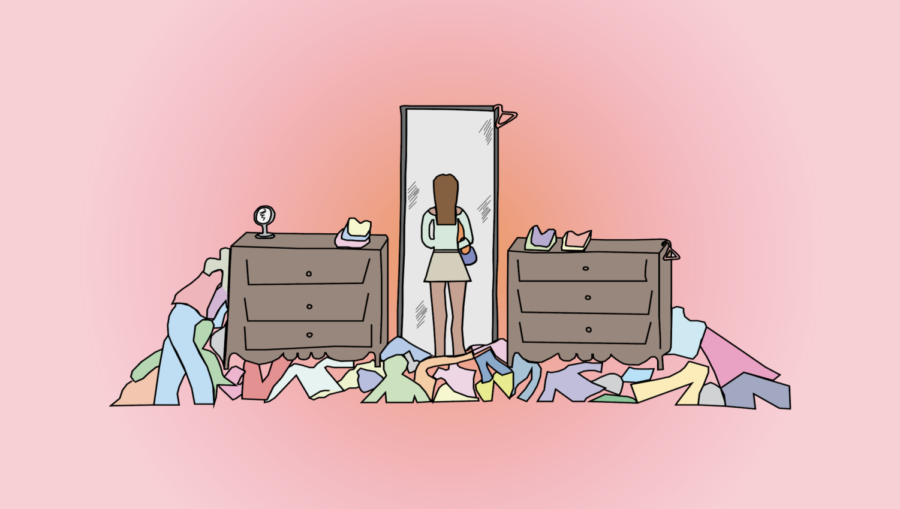On Mar. 23, Washington Gov. Jay Inlsee instituted a “stay at home” order for state citizens, hoping to contain the spread of coronavirus. The order prohibits people from leaving their homes or places of residence unless it’s for essential activities, such as grocery shopping or required medical appointments. The order will last for a minimum of two weeks.
“We want to get back to normal as soon as possible. We don’t want this to be a lingering intrusion in our lives. The fastest way to get back to normal is to hit this hard,” Inslee said at a press conference on Mar. 23.
The announcement came after Inslee banned crowds of 250 or more for the remainder of March. The same day the World Health Organization officially declared the coronavirus to be a pandemic.
“This is an unprecedented public health situation, and we can’t wait until we’re in the middle of it to slow it down,” Inslee said. “We’ve got to get ahead of the curve. One main defense is to reduce the interaction of people in our lives.”
The outbreak caused Inslee to declare a state of emergency on Feb. 29.
“This is a time to take common-sense, proactive measures to ensure the health and safety of those who live in Washington state,” Inslee said. “Washingtonians can be assured we’ve taken this threat seriously and have been working in collaboration with our healthcare partners to develop plans and procedures to prepare for what could likely be a world-wide pandemic.”
On Mar. 15, Inslee ordered the closure of several entertainment facilities, including bars, nightclubs and restaurants for at least two weeks starting on Mar. 16.
“These are very difficult decisions, but hours count here and very strong measures are necessary to slow the spread of the disease,” Inslee said.
Effects of the coronavirus have been felt across the world. Many sports leagues including the NBA, NHL, MLB, Major League Soccer and the NCAA have either suspended or canceled their seasons. The economy has suffered its worst week since 2008, according to King 5 News, and the U.S. Centers for Disease Control and Prevention (CDC) is advising people to either cancel gatherings of ten or more people or to hold them virtually.
Questions about the coronavirus have caused many citizens to start preparing at a rapid pace. Long lines at stores and sold out shelves of hand sanitizers, wipes, toilet paper and facial masks are now becoming commonplace throughout the state and country.
The CDC has since advised how to stay safe from the virus, identifying symptoms including fever, cough and shortness of breath, while also asking people to wash their hands often, stay home when they are sick and avoid contact with their face to reduce the spread of germs.
In the Northshore School District on Feb. 26, it was reported that a staff member at Bothell High School had traveled internationally over midwinter break and that a family member of that employee was sick, according to King 5 News. That employee and their family member both underwent testing and quarantine for a strain of COVID-19 virus. That family member has since tested negative for the virus, but the case prompted the district to close Bothell High School on Feb. 27 and Feb. 28 as a precaution. In a letter by District Superintendent Dr. Michelle Reid, the closures were done out of an “abundance of caution.” Reid also stated that at this time, the district is working with the UW Department of Global Health and the Office of the Superintendent of Public Instruction.
“In the meantime, we will continue to work at the district level to ensure that we are planning appropriate precautionary steps while we work through this health and safety challenge,” Reid said.
The coronavirus has also caused other school closures across the state and country. Henry M. Jackson High School in Mill Creek and Hazan High School in Renton were closed on Mar. 2 for cleaning after a student at Jackson High and a parent at Hazen High tested positive for the virus. Frank Love Elementary was also closed Mar. 2, and the entire Northshore School District was closed on Mar. 3 to deep clean and to prepare teachers for online learning. All schools in the state have since been closed by Inslee and the Superintendent of Public Instruction Chris Reykdal until at least April 24. The University of Washington, Washington State University, Seattle University and several other colleges and school districts have also suspended in-person classes because of the outbreak.
As of the publishing of this article, there are more than 529,000 cases of coronavirus worldwide, including more than 83,000 in the United States, according to Johns Hopkins University.



